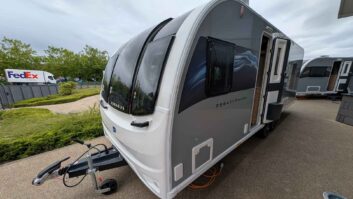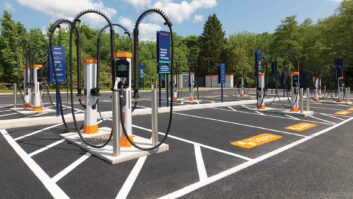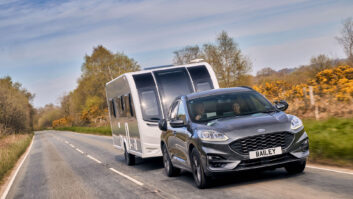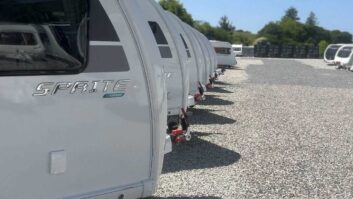A new national campaign is looking to “speed up the switch to electric cars” by combatting the barriers drivers encounter.
FairCharge is aiming to highlight the environmental, economic and social benefits of electric vehicles (EVs). Alongside this, the campaign – which has received the backing of the RAC – wants to bring factors such as the cost, availability and charging speed to the top of the political agenda, as well as the battery range and affordability of making the switch.
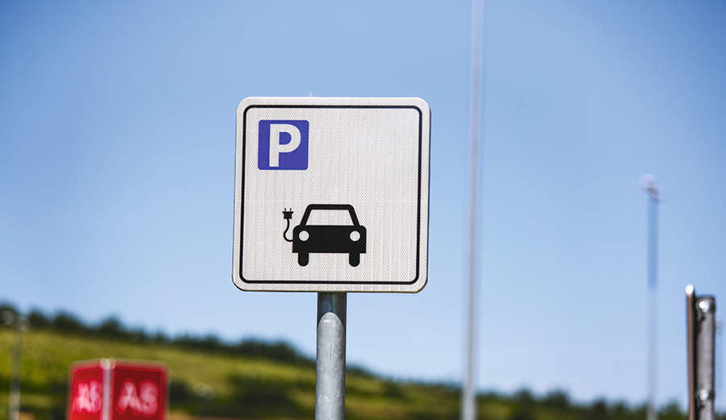
The scheme’s first plan is to tackle the VAT policy which means EV owners who are unable to charge at home have to pay more tax to use electricity from public on-street networks.
As it stands, VAT is five per cent for those who home charge, in comparison to 20% for those who use public on-street points, something that both FairCharge and the RAC think creates an “unnecessary barrier” for drivers.
Another element of the campaign is aiming to ensure electricity provided at public charge points will be reasonably priced.
Amongst other things, the campaign is going to focus on the charging providers’ domestic and public charging tariffs. Failure to do this could leave EV charging at risk of becoming as expensive as it is to fill up with petrol and diesel.
The campaign was supported by findings from the RAC Report on Motoring 2021, where 38% of drivers said they would be unable to charge an EV at home.
53% also thought a longer journey would be harder in an EV than a “conventionally fuelled” one – this is because of the lack of fast and reliable charging infrastructure.
The absence of charge points was also considered to be an issue, with 63% thinking there are not enough.
72% of drivers also said they would want to charge their EV at a public forecourt, as they would a petrol and diesel car. 57% added they are unlikely to pick an electric car due to it being more expensive than a similar petrol or diesel model.
RAC director of EVs Sarah Winward-Kotecha said: “The UK’s journey to zero-emission driving is now well underway, but it’s vital that the switch to electric happens as quickly and efficiently as possible. There are many issues with public chargers such as cost, availability, reliability, speed of charging and ease of payment, which have the potential to either accelerate or slow down EV adoption depending on how they are handled. Our decision to support FairCharge is all about making sure that charging provision in all shapes and forms is both fit for purpose and fair.”
More electric vehicles are capable of towing – you can find out more as we take a look at the future of electric tow cars.
Alternatively, you can take a look at our guide to the best used tow cars and the best tow cars, where we share our top picks that are currently available.
If you’ve enjoyed reading this article, why not get the latest news, reviews and features delivered direct to your door or inbox every month. Take advantage of our brilliant Practical Caravan magazine SUBSCRIBERS’ OFFER and SIGN UP TO OUR NEWSLETTER for regular weekly updates on all things caravan related.
